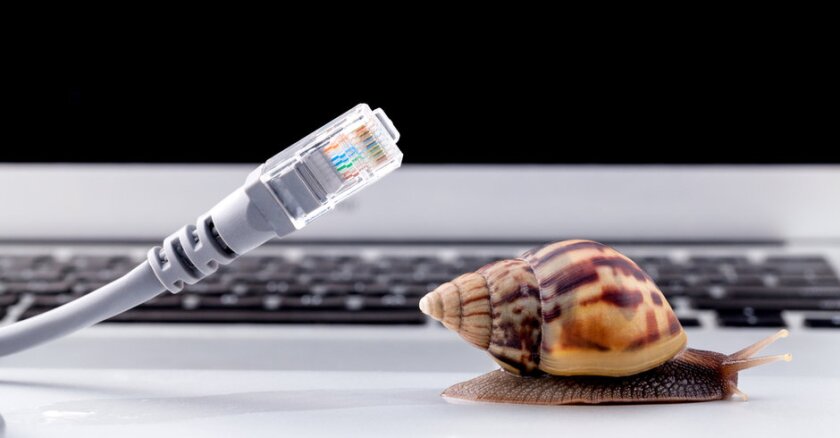But for students with poor Internet connection, virtual learning can be difficult if not impossible.
Superintendents at Magazine and Paris said that the lack of Internet in their towns has been disruptive throughout their struggle with online learning.
“We did everything that we could to try to mediate that,” Paris Superintendent Wayne Fawcett said.
At both schools, they put wifi hotspots throughout the community. In Paris, Fawcett said that he tried to put hotspots outside of town, so kids who live there did not have to drive all the way into the city for wifi.
Magazine Superintendent Beth Shumate said that some students struggled to get to those community hotspots.
“It becomes an equity issue very quickly,” Shumate said.
In Booneville, Superintendent Trent Goff said that the hotspots were sufficient for his students. After those were established on Booneville school campuses, Goff said it was a nonissue.
This year’s plan
Not all schools will continue to offer virtual learning. At Magazine, the district is partnering with outside entities to provide about 15 kids with the opportunity to learn online.
The program is already filled, meaning the rest of the students will have to learn in person.
“What we found, and what most of our parents found, is that most of our students learned better face to face,” Shumate said.
Last year, her teachers taught both in-person and online classes. This year, no Magazine teachers will teach students virtually.
Students who are forced to quarantine will either take home paper packets to complete their assignments or will complete their assignments through Google Classroom if they have Internet.
Goff said that Booneville will handle its online learning similarly to Magazine’s program. The district will contract out its virtual learning program and a limited number of students will be allowed to learn virtually.
Last year, Booneville teachers also managed both online and in-person classes. They will not do so this year.
The Paris School Board will decide on Aug. 12 whether it will allow students to attend school online.
Fawcett said the Paris School District was not going to offer virtual learning, but the surge in COVID cases has caused the district to reconsider its position.
“I suspect we will,” have a virtual option, Fawcett said.
Fawcett is still trying to determine how virtual learning will work across different grade levels.
“What it will look like at each building may be different,” Fawcett said.
Last year, teachers managed their own individual virtual classrooms. Fawcett said he is not sure if that is how the district will approach online learning for the upcoming school year.
Internet connection
In both Magazine and Booneville, companies are installing new fiber-based systems to upgrade the towns’ wifi.
Both towns received money to do the project from the Arkansas Rural Connect program, which is dispersing funds to areas that lack Internet throughout the state.
Dobson Fiber, an Internet provider, is completing the wifi upgrade in Booneville. The provider applied for and received the grant through the Arkansas Rural Connect program. The money comes from the Coronavirus Aid, Relief, and Economic Security Act, also known as the CARES Act, said John Zeiler, a corporate development manager with Dobson Fiber.
The CARES Act is providing $4.4 million to the project. The total cost of the project is approximately $5.9 million. Dobson Fiber is paying for the additional $1.5 million that the CARES Act is not covering.
The company is putting in fiber to create Internet access from Greenwood to Booneville, building off of the small fiber system that is already in Greenwood. The system will reach people in Booneville who do not have access to the Internet. The areas are scattered throughout Booneville.
The fiber system works by creating a physical line that contains pieces of glass. Pulses of light travel down the line to create the connection, Joseph Sanford, the director of digital health and innovation for the Institute for Digital Health and Innovation at the University of Arkansas for Medical Sciences, explained in a previous Times Record article.
Zeiler said he hopes to be done with the project by the end of the year. The company is waiting for its building permits to be approved, and then it will begin construction.
In Magazine, construction has already begun on its system. The state allotted the company $1,025,692 to improve Magazine residents’ access to the Internet.
The state will cover 80 percent of the grant, and the Magazine Telephone Company will pay the other 20 percent, said Denny Stone, a representative of the company.
The company is contracting Cowboy Splicing to splice the cable together to make the fiber.
©2021 Times Record (Fort Smith, Ark.). Distributed by Tribune Content Agency, LLC.















